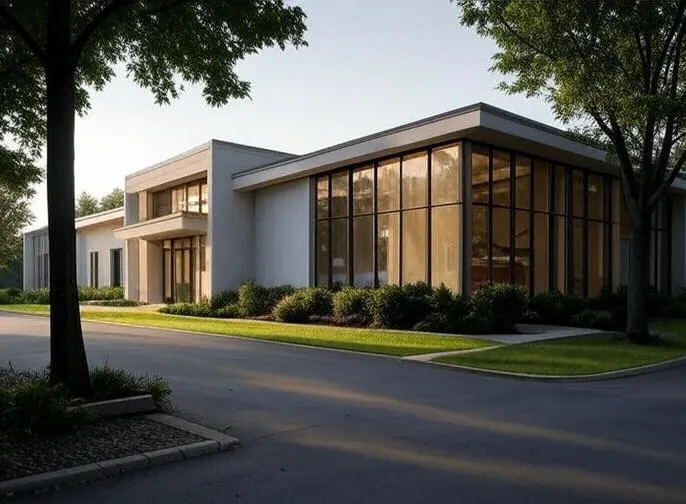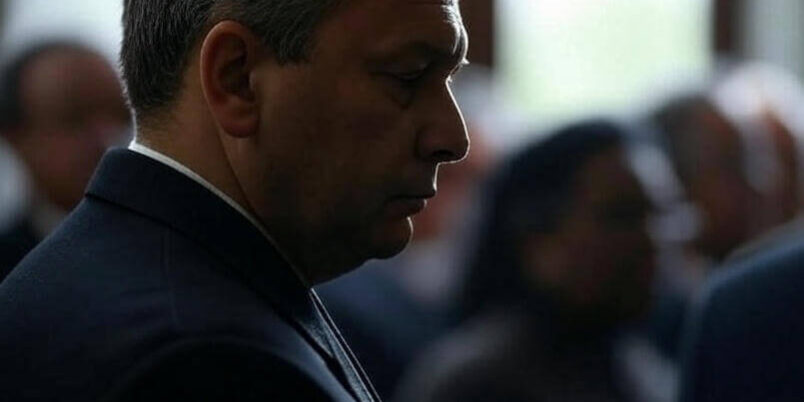When a loved one dies, families often feel lost. A funeral director, also called an FD, steps in to guide them. This role is important in every part of the world, from the US to Europe.
Helping Families
Funeral directors (FDs) meet with the family to plan the service. They talk about burial, cremation, or other rites. In Spain, for example, Maria lost her father. The local FD helped her choose a casket, plan the church service, and set the date. Without that help, Maria says she would have felt alone.
Handling Details
FDs deal with legal papers like the death certifcate. They contact the cemetery, order flowers, and place notices. This work is often unseen but keeps things smooth. In France, a study showed that more than 80% of families felt the FD made the process clear.
Care for the Deceased
Funeral directors also prepare the body. They may wash, dress, or embalm it. Embalming (emb.) is less common in some parts of Europe, but still used. The goal is to give the family peace when they see their loved one.
Leading the Service
Many FDs direct the service itself. They work with priests, rabbis, or secular speakers. They guide the family on where to sit and how the process will flow. In the UK, surveys show that families value the calm way FDs manage the day.

Beyond the Funeral
The role does not end at the grave. FDs may help with grief groups, return of ashes, or future memorials. Some even guide families in setting up online tributes.
A Job of Service
Facts show the work is both practical and human. A FD is not only a manager but also a support. Maria from Spain said, “Our FD gave us time to grieve. He took care of what we could not.”
Read More: https://www.jiahengstone.com/blog







